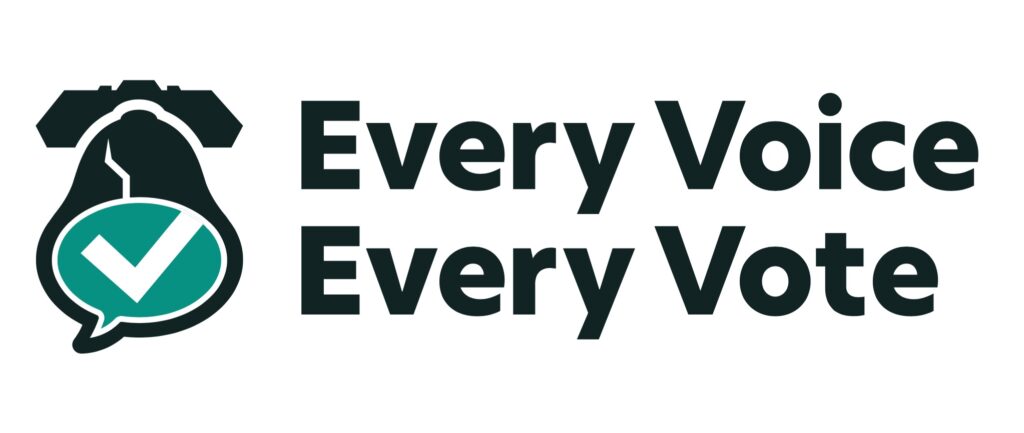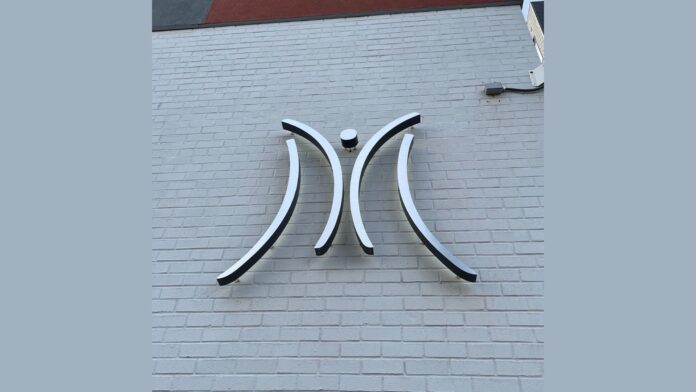This story has been updated to include a comment from City Councilmember Rue Landau, including more information about the funds her office plans to secure for Mazzoni Center.
Mazzoni Center could face possible bankruptcy and reorganization, according to lawyers PGN spoke to who are familiar with the local LGBTQ+ nonprofit health-care provider’s recent legal troubles. The center is facing two lawsuits filed by two separate funding companies for breach of contract. The companies, LCF Group and Fundkite, now seek a combined sum totaling more than $1.3 million from Mazzoni — an amount Mazzoni has said in court documents would cause bankruptcy should they be forced to immediately pay.
The funders sent notice of UCC liens to Mazzoni’s partners — which include the city of Philadelphia, Walgreens, Stripe Inc., and Cigna — resulting in partners freezing Mazzoni’s access to funds as directed by Fundkite and LCF. A court document asserts that approximately $3,000 has been diverted to LCF and that withheld assets total approximately $800,000.
Mazzoni filed a lawsuit against both companies seeking a preliminary injunction on the liens and from the funders’ demands for immediate repayment. The suit also requested a temporary restraining order. However, the motion — which was filed in federal court in the Eastern District of Pennsylvania — was denied on Nov. 18.
Mazzoni had claimed in the suit that the funders’ business models “may be illegal or usurious under the applicable law” — but at this stage, a judge did not find the funding agreements to be the kind of usurious loans that the law protects consumers from. However, the judge’s declaration did note that the court “is sympathetic to [Mazzoni’s] concerns and in many respects, troubled by the nature of the agreements.”
Both companies — LCF Group and Fundkite — entered into “merchant cash advance” agreements with Mazzoni on Sept. 11, 2024. The contracts were signed by Rachelle Tritinger, Mazzoni’s former CFO whose employment was terminated on Sept. 12 when Mazzoni leadership learned of these actions. In court documents, Mazzoni claims Tritinger did not have authority to enter into these agreements — but the federal judge found this claim is unlikely to succeed in court.
In the contract Tritinger signed with Fundkite, Tritinger noted that average gross sales for Mazzoni during the last four months as of September were $1,130,871.65 per month. In another court document, Mazzoni noted that the cost of monthly payroll and employee benefits is more than $830,000 per month.
A court document alleges that Mazzoni was experiencing negative cash flow as early as August — resulting in the organization receiving a one-time payroll advance from their payroll provider, ADP, which the provider noted it would not do again. According to court documents, Tritinger entered into agreements with Fundkite and LCF after realizing that Mazzoni would need help to make payroll again just a few weeks later.
The funds disbursed by LCF and Fundkite in September were used immediately to pay employees. All but $70,000 of almost $715,000 was used for payroll.
Mazzoni estimates it will reach negative cash flow by Wednesday, Nov. 27 and that the organization would be $450,000 in the red by Dec. 1.
On Friday, Nov. 22, a spokesperson for Mazzoni told PGN that the center’s staff received their pay that week.
Mazzoni’s financial troubles were well-established even before their summer struggles. In February 2024, their own auditor issued a financial red flag. Sultan Shakir, Mazzoni’s executive director, was honest that the organization would likely show a financial loss for 2023.
Mazzoni ended up approximately $2 million in the red, but it is not the only health-care institution in Philadelphia to experience this kind of loss post-pandemic. (Jefferson Health, for example, experienced an operating loss of close to $50 million during the first half of 2024.)
However, Shakir assured the community that the organization was moving in a positive direction — telling PGN that the organization had a balanced budget as of February 2024 and that the organization expected to break even by the end of 2024. He repeated this same sentiment to the Philadelphia Inquirer in July — a few weeks after Sen. Bob Casey secured $400,000 for the organization, which Mazzoni intended to use to upgrade outdated technology and purchase necessary equipment.
But the path forward might look different now. Sources say that several community leaders have referred bankruptcy attorneys to Mazzoni.
Councilmember Rue Landau hopes to secure funds owed to Mazzoni from the city — which her office estimates could be around $1 million. It is unclear whether or not a disbursement directly to Mazzoni will be possible given current liens. Even if the funds make it to Mazzoni, this may not be enough to make a long-term impact.
“The Mazzoni Center is an essential Philadelphia institution that has served countless LGBTQ+ people in our city. My office is working to support Mazzoni as best we can during this difficult time, including facilitating payments to them from their contract with the City of Philadelphia,” Landau said in a statement. “In the short term, we need to ensure the Center’s essential services aren’t cut off to the LGBTQ+ Philadelphians it serves, and I am hopeful the Center’s leadership will find long-term solutions to continue its operations.”
According to a court document, Mazzoni’s 160-member staff served 8,000 medical patients, 6,000 behavioral health clients, and provided STI and HIV testing for 7,000 individuals between October 2023 and September 2024.
At the city’s first LGBTQ+ equity hearing which was held on Oct. 29, city officials listened to testimony about disparities experienced by the LGBTQ+ community. Shakir said during his testimony that the city has not always reimbursed the center in a timely manner — resulting in an ongoing cash flow issue. He noted that at one point, the organization had advanced $600,000 in care and struggled to pay employees due to difficulty receiving city reimbursements.
“Continued delays in funding and reimbursements are having significant negative impacts on our and other organizations — undermining our ability to sustain life-saving services and to advance health equity to our community members,” he explained during the hearing. “So we ask for partnership and follow-up in resolving these ongoing challenges.”
This is an issue that is not necessarily specific to LGBTQ+ organizations.
Mazzoni didn’t directly state whether or not the cash flow issues that caused Tritinger to enter into these merchant cash advance agreements were related to problems receiving city reimbursements in a timely manner.
“Inconsistent cashflow is a universal obstacle among nonprofit healthcare centers and is the result of a variety of drivers. In this case, had our former CFO been truthful and transparent, we could have been nimble — as we always are — to avert this situation,” Mazzoni’s spokesperson told PGN. “To be clear, under no circumstance would the leadership of Mazzoni Center have ever authorized the type of loan agreements with what appear to be unscrupulous lenders that were entered into by a former, rogue staff member.”
The spokesperson explained that “while all options remain open,” the organization is not currently pursuing a lawsuit against Tritinger for her role in the situation.
“We do not feel that this is the most immediate path for Mazzoni Center to be pursuing now to realize the relief that is needed,” they said.
Tritinger could not be reached for comment.
When asked if Mazzoni is at risk for closing, the center’s spokesperson said, “We will continue to open our doors, just as we have for the past 45 years and intend to do for the next 45, to provide life-saving services to Philadelphia’s LGBTQ community.”
“We are grateful to the community for its support and its trust, as we continue to fulfill our mission of providing compassionate, whole person care for our clients,” they continued. “Now is not the time to pull back. Rather, it’s the time to push forward.”

